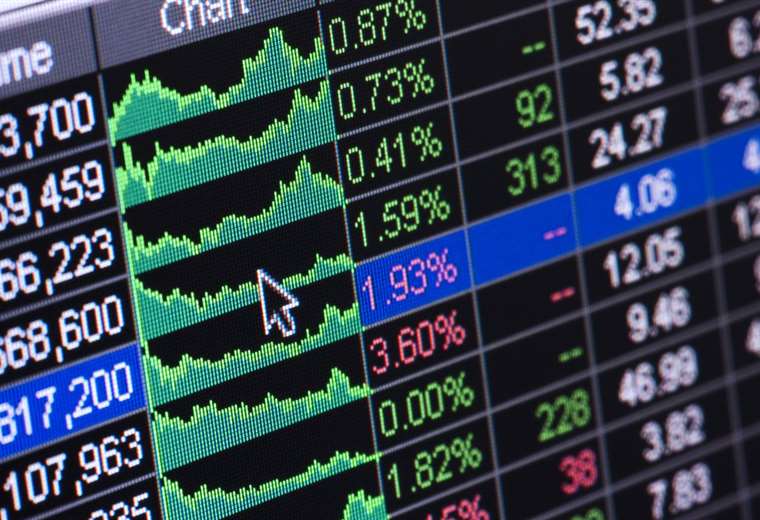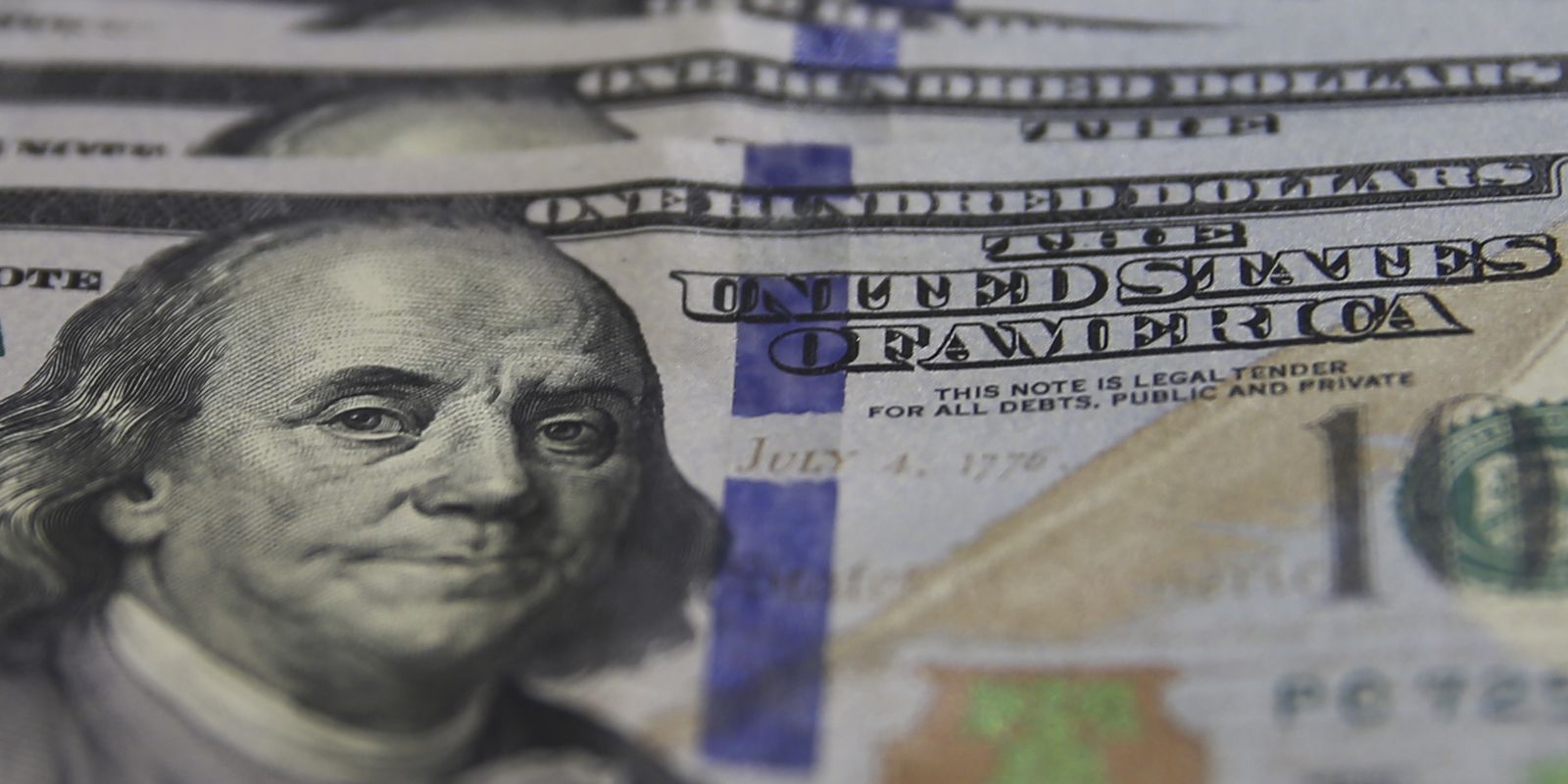The New York stock market fell sharply on Thursday, due to fears of recession after several central banks raised their reference rates in the last hours.
The Dow Jones index lost 2.25% to 33,202.22 points, the technological Nasdaq a strong 3.23% to 10,810.53 points, and the broader S&P 500 index fell 2.49% to 3,895.83 points.
“In addition to rate hikes (by half a percentage point on Wednesday), Fed (US Federal Reserve) officials signaled a higher final rate in 2023,” above 5%, which dampened investor sentiment, summed up Art Hogan of B. Riley Wealth Management.
Like the Fed on Wednesday, the European Central Bank raised interest rates by 0.50 percentage point.
The ECB thus opted for a more moderate monetary tightening, but does not rule out new increases to fight inflation “excessively high“.
At the same time, some indicators in the US retail sector and industrial production gave clues to an economy beginning to suffer.
“The job market might not collapse but it is getting more and more It is clear that the consumer is weakening, and that manufacturing activity is in recession“, said Edward Moya, from Oanda.
Retail sales in the United States fell 0.6% in November, more than expected, mainly affected by car sales and the construction sector.
“The combination of a concerned ECB and weak economic data” in the US and China “jittered markets that until now had not considered the risk of a hard landing” for the economy. “with a more marked recession“LBBW’s Karl Haeling told AFP.
The analyst added that “the market has little liquidity in December, which amplifies the movements” upwards or downwards.
Technology stocks, highly sensitive to interest rate hikes due to their reliance on credit for investment, suffered particularly. Alphabet, parent of Google, Meta (Facebook) and Apple all fell more than 4%.








